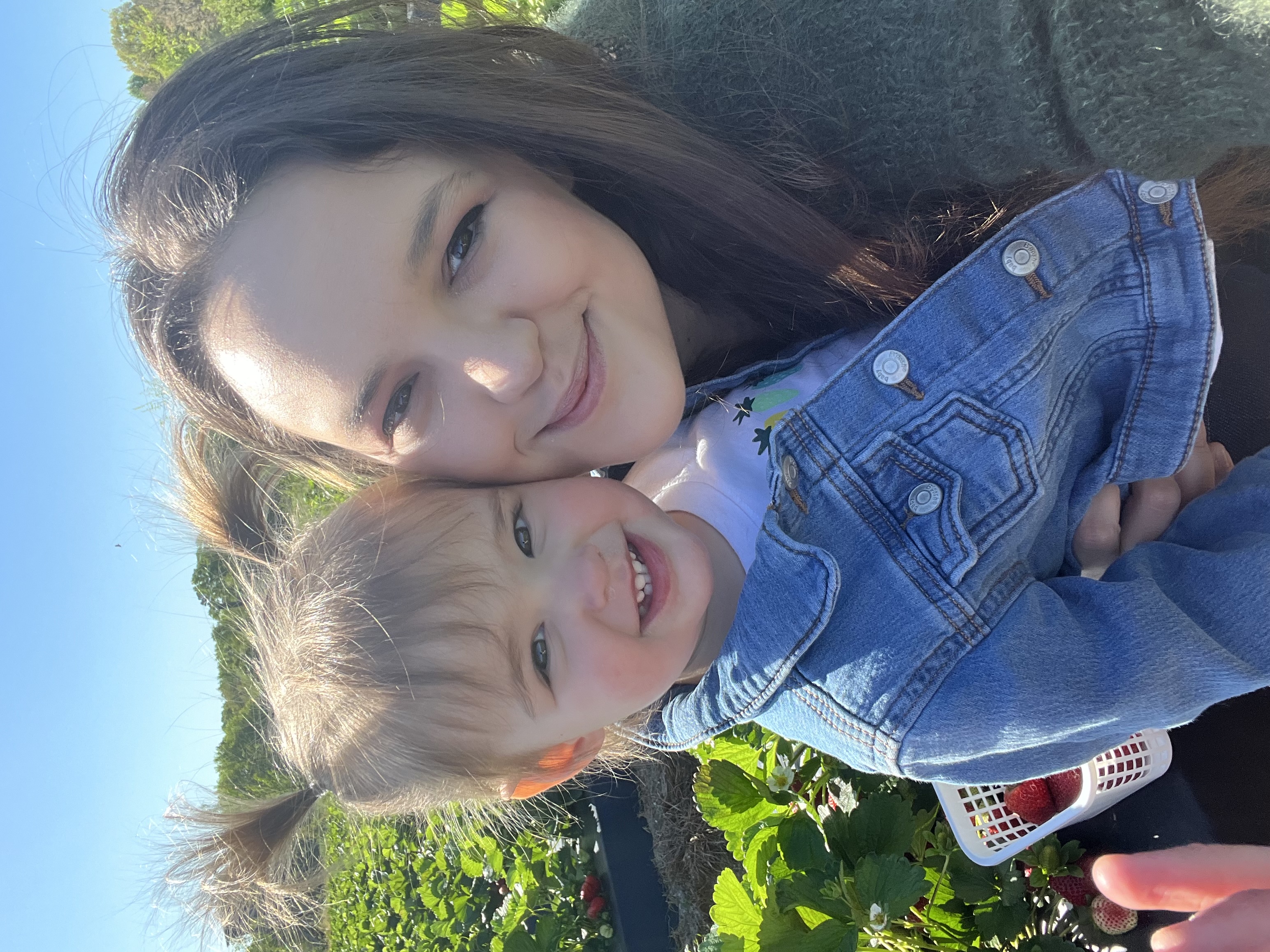Connect with hundreds of tutors like Melissa
Who needs tutoring?
FEATURED BY
TUTORS FROM
- YaleUniversity
- PrincetonUniversity
- StanfordUniversity
- CornellUniversity

Melissa
About Me
I offer tutoring services focused on making learning easier and more fun, for students needing help with subjects including reading (phonics, fluency and comprehension), literature (all ages and grades), writing (elementary through college), mathematics (elementary through pre-algebra), science (elementary/middle school), philosophy, Biblical worldview studies and social studies (elementary through college, American, English and World History).I have many years experience working with students both one on one and in the classroom. I customize tutoring sessions to meet the needs of individual students. I am a regular columnist and curriculum reviewer for Mary Pride's Practical Homeschooling magazine, hold a current teacher certification from Association of Christian Schools International (ACSI), and earned a BA in Church and Family Ministries with a Cognate in Elementary Education, GBS Aldersgate program. My education credits include Principles & Methods of Education, Child Development, Social Studies Methods, Math Methods, Language Arts Methods, Reading Methods, Children's Literature, Educating Exceptional Learners, Science Methods, Classroom Observation and Educational Field Experience.
Q&A with Melissa
Tutoring Subjects
Connect with a tutor like Melissa
Connect with a tutor like Melissa
Tutors with Similar Experience

